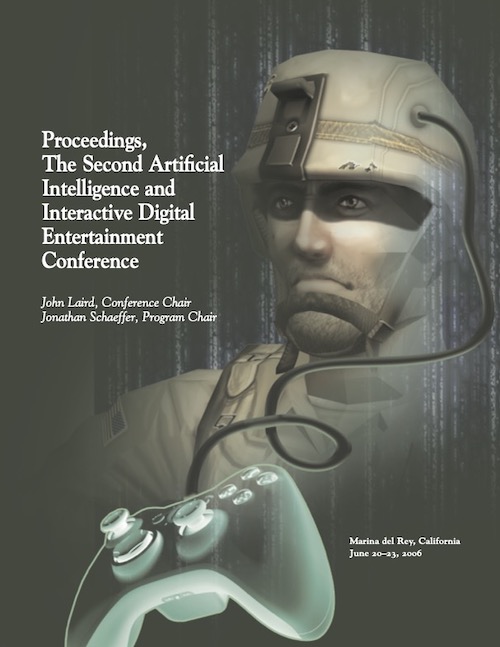Predicting User Physiological Response for Interactive Environments: An Inductive Approach
DOI:
https://doi.org/10.1609/aiide.v2i1.18747Abstract
Affective reasoning holds significant potential for interactive digital entertainment, education, and training. Incorporating affective reasoning into the decision-making capabilities of interactive environments could enable them to create customized experiences that are dynamically tailored to individual users' ever changing levels of engagement, interest, and emotional state. Because physiological responses are directly triggered by changes in affect, biofeedback data such as heart rate and galvanic skin response can be used to infer affective changes. However, biofeedback hardware is intrusive and cumbersome in deployed applications. This paper proposes an inductive framework for automatically learning models of users’ physiological response from observations of user behaviors in interactive environments. These models can be used at runtime without biofeedback hardware to continuously predict users' physiological state directly from situational context in the interactive environment. Empirical studies with induced decision tree, naïve Bayes, and Bayesian Network physiological response models suggest that they may be sufficiently accurate for practical use.

